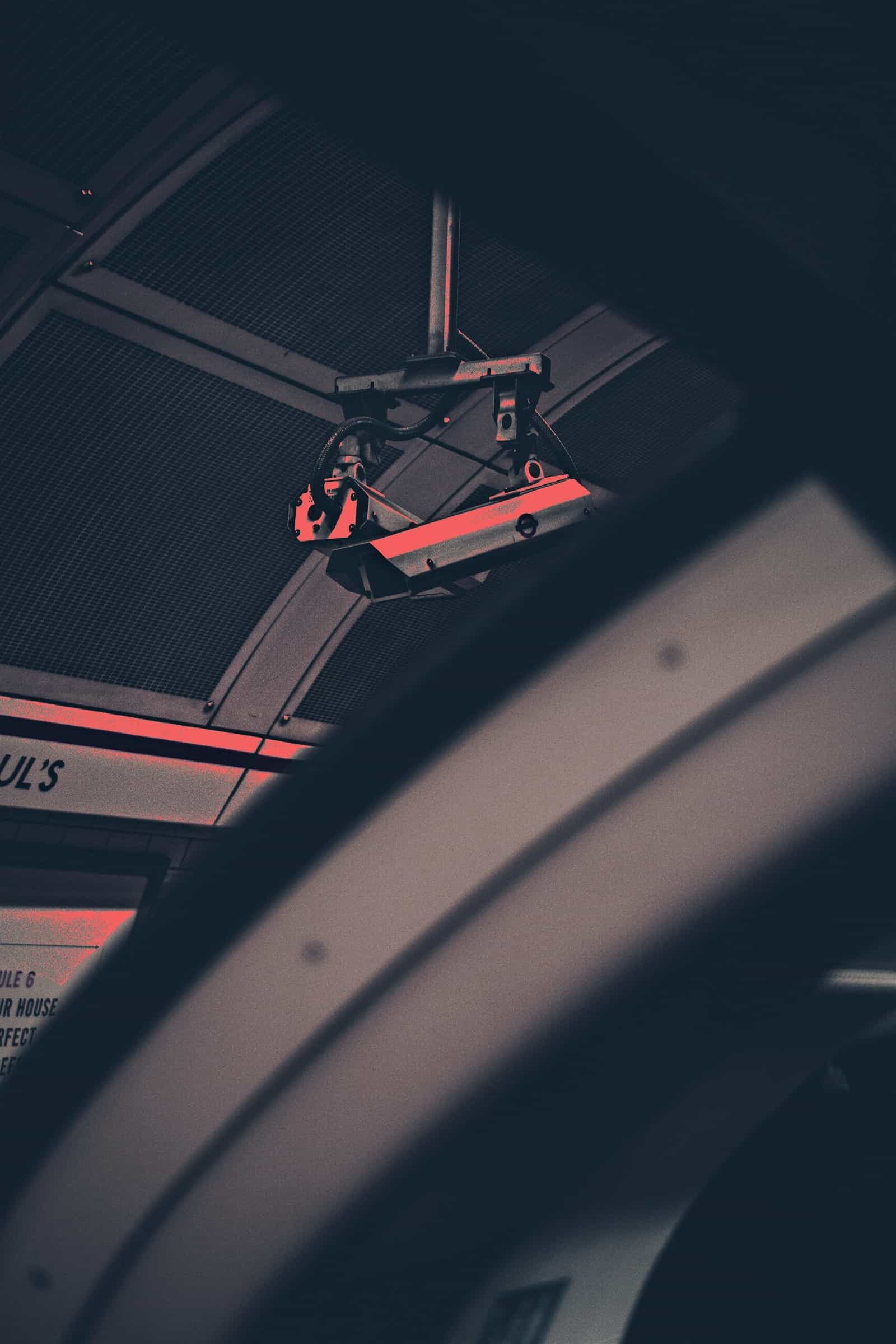
Have you ever taken the time to appreciate the advances that have been made in this field? How about the direction these advances are heading? Here are four ways commercial security could evolve with the rise of “smart” buildings:
1. Eye in the sky
NOW: Many modern commercial security systems are like big brother (always watching). Constantly uploading and/or downloading information from the cloud in real-time or at predetermined intervals. Allowing security personnel big-picture awareness of the goings-on in the building. Video analytics can even monitor activity and send notifications as a situation unfolds.
LATER: As these systems grow smarter and with the adoption of machine learning, video analytics will be able to do much more than send notifications. They’ll be able to identify patterns of behavior and accurately predict scenarios, allowing intervention prior to a situation devolving into a security threat.
2. It’s all connected
NOW: Business security systems (the good ones) are increasingly internet-connected. Able to be accessed through a number of smart devices all able to converse with each other with relative ease. This has streamlined modern security in a paradigm-shifting way. No longer having to deal with systems on multiple platforms unable to talk to each other or read each other’s data, now things are much more cohesive. Which leads to faster decision making and more efficient management.
LATER: As the platforms evolve and grow, developers may come up with ways in which they can intelligently interact with each other. Such that, an activity detected by one systems might automatically trigger an action or response in another.
3. Self-sustaining
NOW: Building security system integration allows data to be analyzed in real-time or over time, which is essential for professionals wishing to identify patterns so they can optimize their systems. The ability to aggregate such large amounts of data available for instantaneous recall has forever altered the way we think about security.
LATER: With advances in artificial intelligence and machine learning buildings and systems could take on a more proactive role in their management. Analyzing gathered data and making recommendations based on that data to optimize resources and employee flow.
Are you ready to take your business to the next level? Call Millennium Fire and Security for a consultation of your property.

